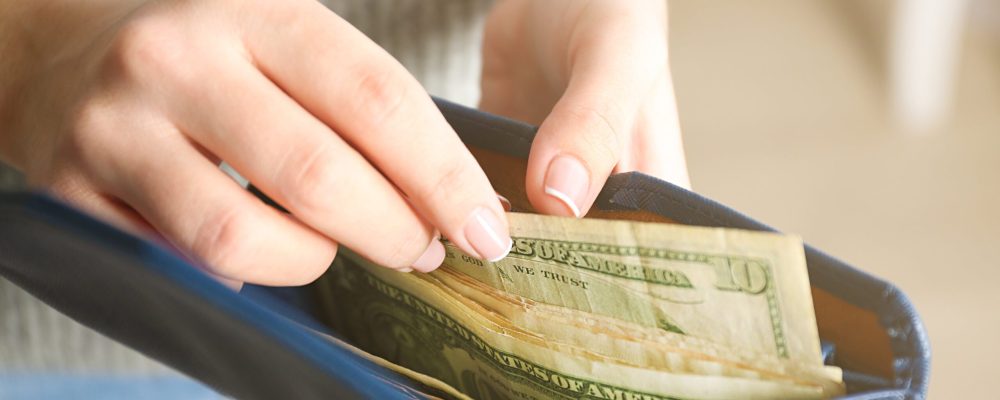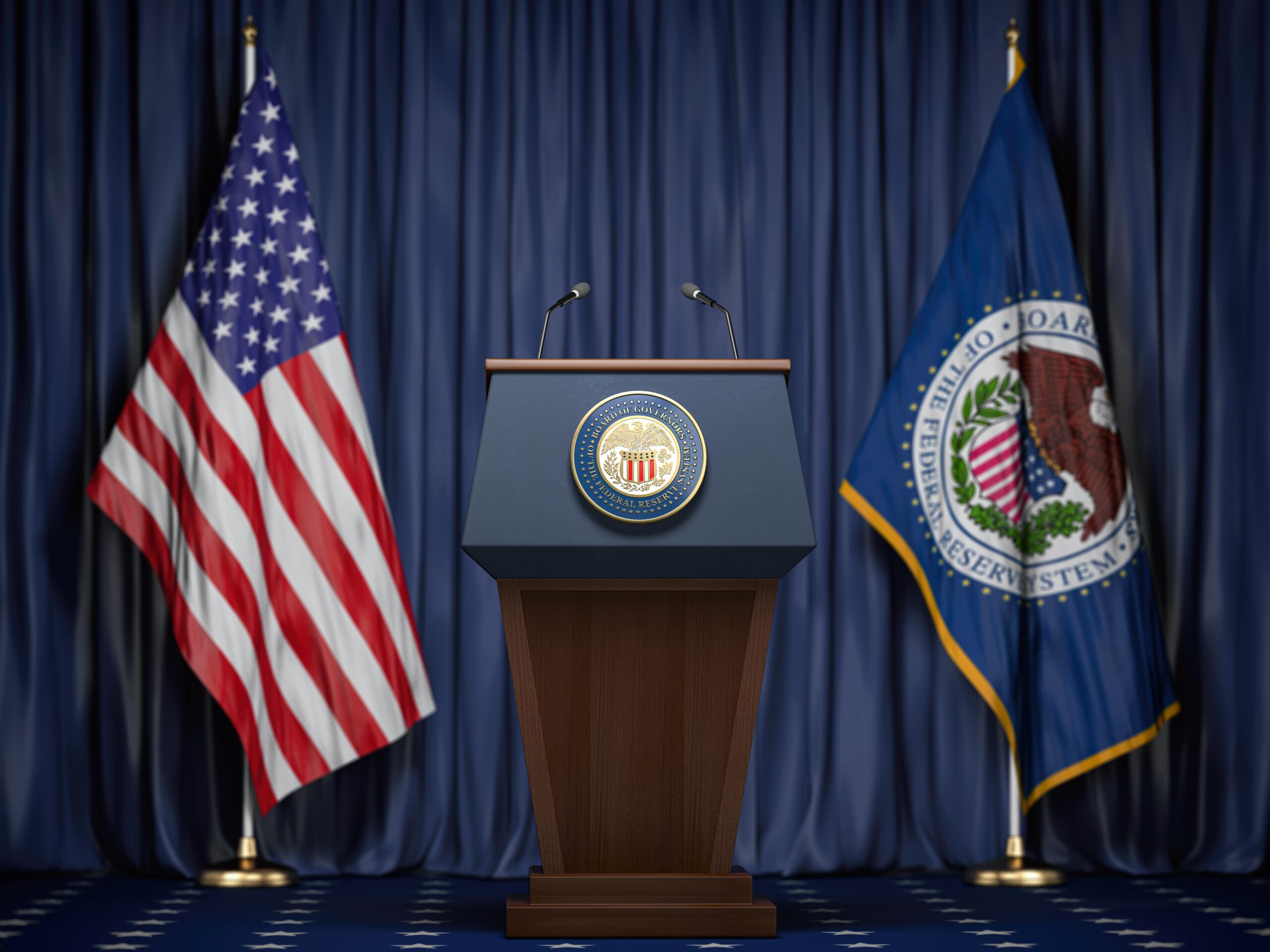
The information provided is based on the published date.
Key takeaways
- Every financial decision involves trade-offs
- Every expenditure has a hidden opportunity cost
- There are no right or wrong answers about how you spend your money
- Be mindful so your spending matches what’s most important to you
If your money could talk, what would it say about you? Not whether you’re frugal or a spendthrift, but what do your money habits and how you spend say about your priorities? Do you hop on a plane to a new place as soon as you have some spare cash and a week off, or do you keep a spreadsheet that tracks how close you are to buying your dream home?
There are no right or wrong answers. But the decisions you make when faced with financial trade-offs say a lot about who you are and what you value. And when it comes to money buying happiness, aligning your money habits with the things that are most important to you is a critical step towards living an enjoyable and fulfilling life. You may already have some sense of how you use your money. If you’re already working with a financial planner, you know they can help you weigh those trade-offs and make decisions based on a full understanding of everything involved.
Here’s how those trade-offs work and why they say so much about you.
Spending has two costs
When you buy something, you know the cost. What most people don’t realize is that everything they buy has a second, hidden cost.
Economists call it “opportunity cost.” Put simply, it means that money spent on one thing means you’ve lost the opportunity to spend it on something else. As you already know, you can’t spend the same dollar twice, yet very few people consider that when making money decisions. That’s the trade-off: money spent on a vacation is money that can’t be invested for education or retirement. That doesn’t mean you don’t deserve a great vacation (you do!), but it means that sometimes you have to balance your priorities. Money that leaves your wallet today won’t be available for something else tomorrow.
Opportunity cost also applies to time since you generally can’t do two things at once. Time spent on Activity A means you’ll have to save Activity B for a different day.
For most people, the opportunity costs of time and money can intersect. For example, would you rather spend an afternoon on yard work or pay a professional to do it and use your time to see friends or spend time with your family? Household chores are a prime example of this trade-off. And if you’ve ever juggled two potential jobs that had different plusses and minuses, you’ve been forced to make this exact type of decision.
Trade-offs at work
Many of the career/work decisions we make are really quality-of-life decisions:
- Longer commute with a pay hike vs. more unstructured time
- Dual incomes or one parent working and one staying home with the kids
- A government job with security vs. a riskier, but possibly more lucrative, career at a startup
These decisions may seem to be primarily financial, but they also reflect your values and possibly your partner’s if you have one. For example, your heart may say, “I want to have more time at home with our kids,” but your head may say, “If I work more and earn more we can help them graduate debt free.” Or you may feel that you’d rather spend more time with your kids when they’re younger, and then put more time into work and make more money when they’re older and more independent.
Keep in mind, too, that there are costs in time as well as money: time spent commuting vs. time spent at home, weighing the impact of a job with longer hours or occasional evening or weekend work. A financial planner can show you how to calculate how those costs could affect your life and evaluate which trade-offs make the most sense for your life.
Aligning your money with your values
A prime example of trade-offs that have nothing to do with your career is whether you choose to own or rent/lease major assets, such as a home or vehicle. Homeownership may symbolize security, stability, or a certain status to you. Or it may just be a place to live and not have any deeper meaning. It can be a place to build core family memories or just four walls, but that’s entirely up to you.
Same thing with a vehicle. Leasing means you’ll always have a new, or almost new, vehicle since many leases last three years. That may be important to you. In the long run, it will cost more than buying, but you’ll probably be able to afford a nicer, more luxurious vehicle. On the other hand, buying a reliable vehicle and owning it for years will almost certainly cost less; whether you’d rather have an eight-year-old Toyota or a two-year-old BMW in your driveway is up to you. Again, depending on what’s most important to you, the possibilities of what you could do with the money you save might make the cheaper car a no-brainer.
How to make choices between trade-offs
Spend some time thinking about your priorities, what money means to you, and what it means to your partner. Keep in mind that while making trade-offs often means you can’t have it all, you can have what’s most important to you.
Again, there are no right or wrong answers. What you’re looking for are the best answers for you and the people most important to you. Whether your money goes towards causes you support, your place of worship, your children’s future, a dream vacation, or the vintage muscle car whose poster hung on your wall when you were a child, be mindful about how you choose to spend your money. That’s the key to aligning your money with what’s most important to you and making the statement you want to make. A Facet planner can help you go beyond the numbers to reach a deeper understanding of how your money can lead to greater self-fulfillment.



